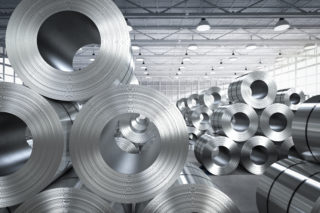The U.S. Court of International Trade (CIT) will not stay its order (Ct. No. 19-00009) instructing U.S. Customs and Border Protection (CBP) to refund importers’ Section 232 tariffs on steel from Turkey. A three-judge panel denied the government’s motion to stay while also denying the Plaintiffs’ motion to enforce judgement. The CIT found that the government’s appeal is unlikely to be successful, and ruled that the government had not provided a reasonable justification for why the Court of Appeals for the Federal Circuit (CAFC) might overturn the panel’s prior decision that the duties were unlawful. As stated by the CIT panel, “the Court of Appeals would have to overrule both the statutory and the constitutional holdings that the President’s imposition of additional tariffs on certain steel articles from Turkey is unlawful.”
In a July order, the CIT panel had found that the President failed to follow congressionally-mandated guidelines when doubling the duties on Turkish steel to 50%. Additionally, the CIT found the government’s arguments regarding the Plaintiffs’ ability to pay should the government win its appeal unconvincing, as the government acknowledged it has no specific knowledge of Plaintiffs’ finances. USCIT Rule 62 subsections (d) and (e) do not provide the government with an automatic stay of enforcement of the judgment pending appeal.
The CIT panel denied Plaintiff’s motion to stay enforcement, which requested a timeline and status report for refunds. The CIT found Plaintiffs’ request unnecessary because the government has not demonstrated that it will avoid complying with the court order.
The TransPacific decision is the first ruling that establishes limits on the President’s authority to impose national security tariffs, and could have implications on several similar lawsuits against the Section 232 tariffs that are currently underway.
Husch Blackwell continues to monitor the CIT challenges to Section 232 tariffs on steel and aluminum and will provide further updates if more information becomes available. If you have any questions or concerns regarding the Section 232 tariffs, please contact our International Trade and Supply Chain team.
